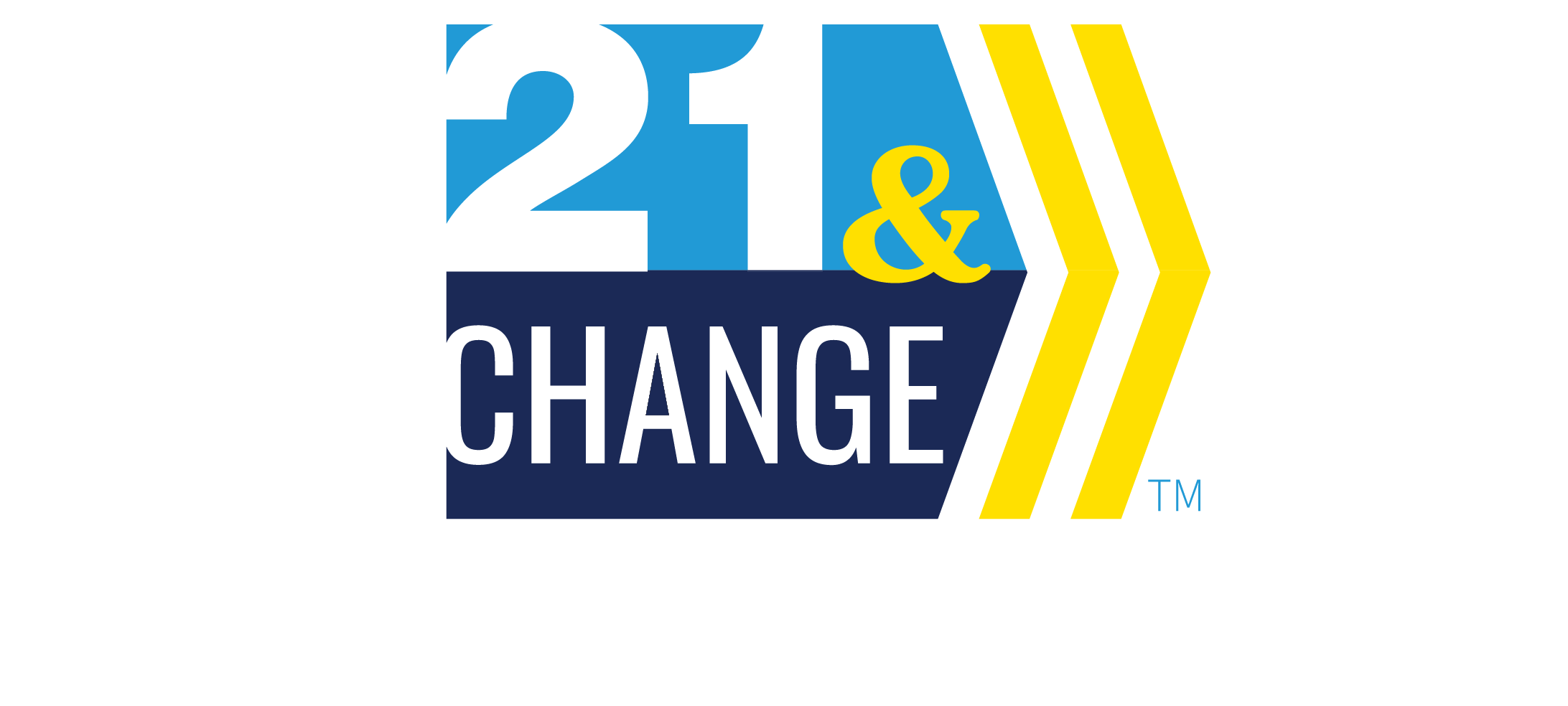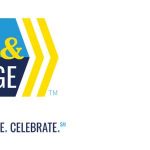CBS News Report About Iceland’s Prenatal Testing Practices Shocks Americans
 PRENATAL SCREENING TESTS offer parents-to-be unquestioned benefits, including the opportunity to understand their chances of having a baby with Down syndrome. Prenatal counseling should provide accurate, balanced information about what a diagnosis of Down syndrome could mean and can provide people with an opportunity to plan not only for a child with Down syndrome but also any medical issues, such as heart surgery, that may be required in the first year of life.
PRENATAL SCREENING TESTS offer parents-to-be unquestioned benefits, including the opportunity to understand their chances of having a baby with Down syndrome. Prenatal counseling should provide accurate, balanced information about what a diagnosis of Down syndrome could mean and can provide people with an opportunity to plan not only for a child with Down syndrome but also any medical issues, such as heart surgery, that may be required in the first year of life.
A FRAMEWORK OF EUGENICS In Iceland, comprehensive prenatal testing and any follow-up care, including abortion, are covered in part by the country’s government sponsored health insurance. Women are not required, but rather given a choice, to participate in prenatal testing. They also are not required to have an abortion if their fetus is diagnosed with Down syndrome. If women were required to participate in testing and subsequently terminate with a Down syndr ome diagnosis, clearly this would be eugenics — selective breeding to ensure desirable characteristics are passed from generation to generation — and something society and humanity should oppose.
However, when the information provided by medical professionals in Iceland (or anywhere) is outdated, inaccurate, biased, and/or coercive, there is an argument that such governments and medical professionals are contributing to, if not directly practicing, a framework of eugenics.
A CBS NEWS REPORT SHOCKS AMERICANS In August 2017, CBS News aired a news piece titled, “ What kind of society do you want to live in? Inside the country where Down syndrome is disappearing.” The piece stated that “few countries have come as close to eradicating Down syndrome births as Iceland.” According to the report, “Since prenatal screening tests were introduced in Iceland in the early 2000s, the vast majority of women — close to 100 percent — who received a positive test for Down syndrome terminated their pregnancy.” One or two — that is the recent average number of children with Down syndrome born in Iceland each year.
WHAT TO DO? In the U.S., the reaction to the CBS News report was one of shock and alarm, and there was an outpouring of outrage and sympathy, especially from the Down syndrome community. However, there were some in the U.S. and Iceland who felt that the news report was attacking prenatal testing and even the mor als of people in Iceland or that it was somewhat misleading with statistics.
Beyond making important public statements associated with the report, three organizations — the Global Down Syndrome Foundation, the National Down Syndrome Congress (NDSC), and the Icelandic Down Syndrome Association — decided to do something. First, they all agreed that prenatal tests, medical professionals, and government programs are not the problem but rather the education and information they provide, and how that information is provided at the point of diagnosis. Second, they decided to translate the Global and NDSC co -published pamphlet, Prenatal Testing & Information About Down Syndrome, into Icelandic.
Finally, the three groups hope to continue to learn f rom each other and help address misinformation about Down syndrome in Iceland, as well as in the U.S.
NOT JUST A TRANSLATION BUT A CULTURAL EXCHANGE “We appreciate Global and NDSC for extending support to the Down syndrome community in Iceland,” said Thordis Ingadóttir, Icelandic Down Syndrome Association President. “Their generosity and moral support are very important for as small a society as ours, and how wonderful to be part of this larger Down syndrome family, all sharing the same beliefs and hopes for people with Down syndrome.”
“Global has been such a gr eat partner to work with on our prenatal testing pamphlet, and we are so pleased to offer it in Icelandic,”said David Tolleson, Executive Director of NDSC. “NDSC is offering scholarships to families from Iceland to attend our Annual Convention this July, and we believe it will serve as a great resource for people from Iceland to bring some best practices back to their country. We also look forward to learning from our colleagues in Iceland.”
“We hope the next step is for our colleagues in Iceland to work with their government to ensure that accurate, even-handed information is provided to pregnant women at the point of diagnosis,” said Michelle Sie Whitten, President and CEO of Global. “Clearly, our pamphlet has some important facts everyone should know, but it must be culturally translated. How the diagnosis is given, what services and supports exist, what to expect throughout the lifespan — that must all be very specific to Iceland.”
 A DOWN SYNDROME POPULATION EXPLOSION IN THE U.S.
A DOWN SYNDROME POPULATION EXPLOSION IN THE U.S.
While the population of people with Down syndrome may be shrinking in Iceland and other countries in Europe, the number of people with Down syndrome in the U.S. is actually on the rise. The number of live births per year has increased from 1 in 1,000 in 2002 to 1 in 691 today. The lifespan has more than doubled from 28 years in the 1980s to around 60 years today. You do not have to be a mathematician to understand we are experiencing a population explosion of people with Down syndrome that will continue for the next few decades.
One of the biggest challenges the Down syndrome community faces right now is the lack of research funding. Down syndrome is the leading cause of developmental delay in the U.S. However, it is one of the least-funded genetic conditions by our federal government, specifically the National Institutes of
Health, and it has been for 20 years. Clearly, investment in research benefiting people with Down syndrome leads to improved medical care, which leads to a longer and a higher quality of life. What better way to counter a framework of eugenics?






